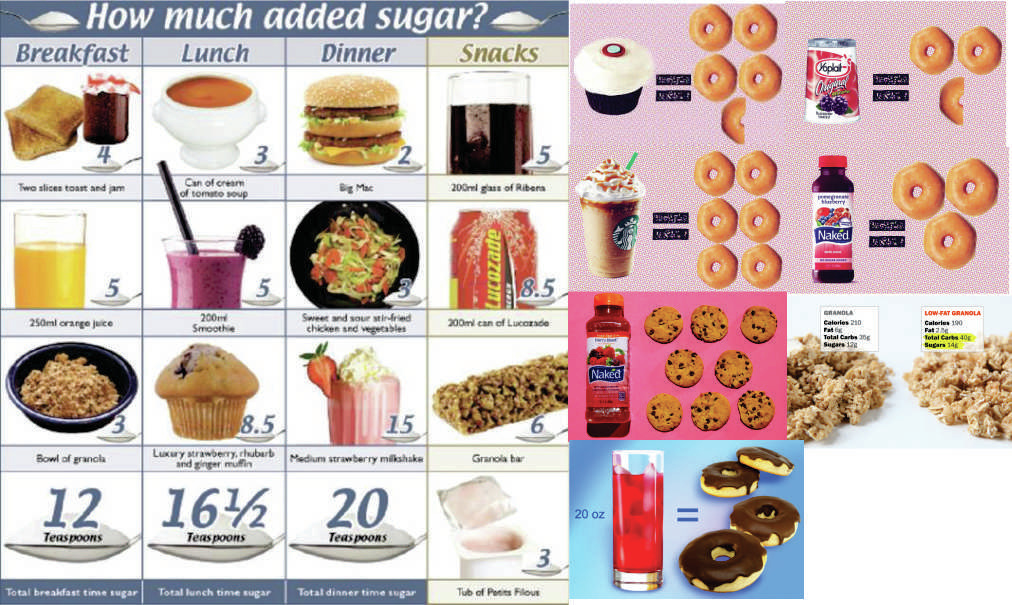|
Potato
While white potatoes do have health benefits, many people consider them to be more of a starch and when compared with their green vegetable friends they don’t really stand up to the nutritional punch. They're also on the Environmental Working Group’s Dirty Dozen list--they are one of the vegetables that have the highest pesticide levels, which is harmful for our nervous system and especially our liver, one of the hardest-working organs. Potatoes are part of the nightshade family, a group of vegetables that contain alkaloids, which have an impact on nerve-muscle function, joint function and digestive function. Healthier substitutes for white potatoes are sweet potatoes, mashed cauliflower and jicama. Corn Corn is another staple in the diet, it's grilled on the BBQ in summers, popped into bags for movies, processed into a syrup, scooped into salsas, and made into breakfast cereals. Corn has been the subject of serious genetic modification. The problem with GMOs is that when new genes are added to corn, our bodies are then introduced to new proteins that we do not recognize, usually resulting in major sensitivities, hormonal changes and changes within the digestive tract. Corn is also one of the most common food allergens in North America and is fed to cows in order to fatten them up and create a nice marbling affect in the meat. Imagine what it’s doing inside of our bodies. This is one I’d steer clear of completely when it’s not in its whole form. Granola bars Don't be fooled by these seemingly good-for-you snacks…granola bars contain serious amounts of sugar! Have a look at the ingredient list - even if the box says 'whole grain,' some brands list sugar as their first ingredient and those are the ones you definitely want to stay away from." Also be aware that while the yogurt topping on some bars may be made with yogurt powder, it doesn't offer the health benefits that an actual cup of yogurt would – it’ll also be mixed with a modified/hydrogenated oil in order to extend the shelf life and to prevent spoiling at room temperature. The same goes for the bars that contain "real fruit filling," which is not the same as eating a serving of fruit – this is typically more of a jam (way more sugar than fruit). Juice Sometimes there are products on the market that look like juice, but they're not - just because packaging says "contains real fruit juice" doesn't mean the beverage inside is good for you. Drinks labelled as "real fruit beverage," "fruit punch" or "fruit cocktail" often contain so much sugar, you might as well be drinking pop. Even 100% freshly squeezed juice is not good for you – it is essentially sugar water. Removing the fibre and skin of fruit reduces the nutritional content, as well as changes the way it impacts your body. If you’re going to have fruit, make sure it’s in the whole form (and ideally eaten after exercise – when your body is ready to use the fructose). Fat-free salad dressings Fat-free dressings may seem like a good choice for your salads, but these versions often have high amounts of sugar (in the form of dangerous high-fructose corn syrup), and salt in order to make them taste as good as the full-fat original versions. Fat free and low fat dressings often have flavour enhancers, thickening agents and/or chemical sweeteners which are chemically derived. Better to stay away from these altogether! Instead of dressing your salad with zero-fat options, add a tablespoon or two of balsamic vinegar mixed with olive oil, or add a little Dijon mustard and salt/pepper for added flavour. Frozen yogurt Many of these frozen desserts contain a lot of sugar, which makes up for their lack of fat. That brings the calorie count of some frozen yogurts up to almost the same level as ice cream. According to the Canadian Nutrient File, which takes averages of different brands, a 1/2 cup of vanilla frozen yogurt is 124 calories and a 1/2 cup of vanilla ice cream is 153 calories - that's not a huge difference, plus, it’s the sugar in the frozen yogurt that’ll make you fat – not the fat content of the dairy. If you’re going to eat ice-cream, eat ice-cream – full-fat! Other examples include: - Dried fruit - way too high in sugar - Trail mix - usually contains dried fruit, or is coated in sugar/flavour seasoning - Cereal – refined, added sugar - Reduced fat peanut butter – added sugar & hydrogenated oils - Muffins – basically cupcakes without the frosting - Bread – highly refined, added sugar - Energy bars – refined, added sugar, calorically dense Food for thought..
0 Comments
Your comment will be posted after it is approved.
Leave a Reply. |
Archives
March 2023
Categories
All
|
|
Location
Bodylab Recovery Science 52 George St, St. Catharines, ON L2R 5N6 Parking off Beech St. Call: (905) 228-3130 Email: [email protected] |
Clinic Hours
Monday 9:00 AM – 7:00 PM Tuesday 9:00 AM – 6:00 PM Wednesday 9:00 AM – 7:00 PM Thursday 9:00 AM – 6:00 PM Friday 8:00 AM – 5:00 PM Saturday Upon Request |


 RSS Feed
RSS Feed
